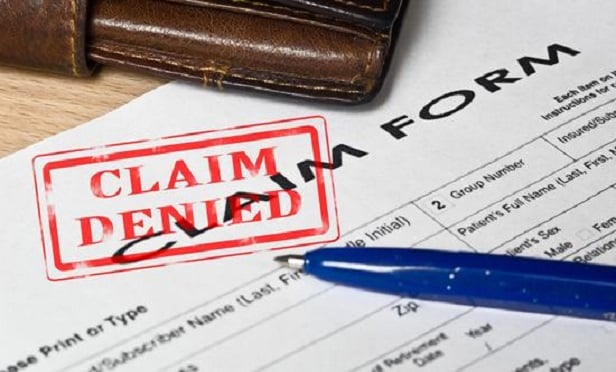 The decision protects insurance adjusters who could have been held personally liable for denying or delaying a decision in a claim. (Photo: Shutterstock)
The decision protects insurance adjusters who could have been held personally liable for denying or delaying a decision in a claim. (Photo: Shutterstock)
The Supreme Court of Colorado has ruled that a Colorado law allowing claimants to collect double coverage if an insurance claim is unreasonably denied or delayed does not allow plaintiffs to hold claims adjusters personally liable, which is good news for adjusters operating based on the direction of an insurer. The case is Skillett v. Allstate Fire & Cas. Ins. Co., 2022 CO 12.
Recommended For You
Want to continue reading?
Become a Free PropertyCasualty360 Digital Reader
Your access to unlimited PropertyCasualty360 content isn’t changing.
Once you are an ALM digital member, you’ll receive:
- Breaking insurance news and analysis, on-site and via our newsletters and custom alerts
- Weekly Insurance Speak podcast featuring exclusive interviews with industry leaders
- Educational webcasts, white papers, and ebooks from industry thought leaders
- Critical converage of the employee benefits and financial advisory markets on our other ALM sites, BenefitsPRO and ThinkAdvisor
Already have an account? Sign In Now
© Touchpoint Markets, All Rights Reserved. Request academic re-use from www.copyright.com. All other uses, submit a request to [email protected]. For more inforrmation visit Asset & Logo Licensing.







